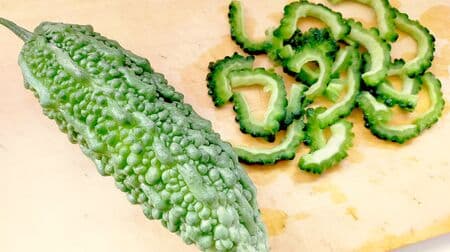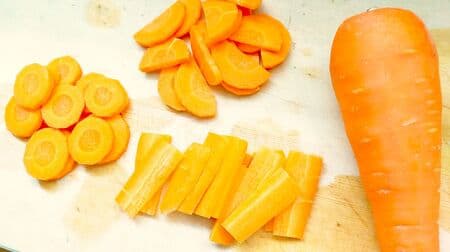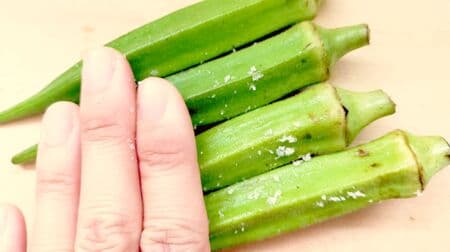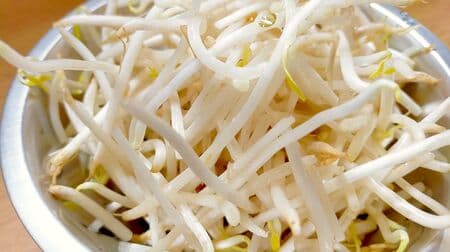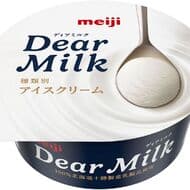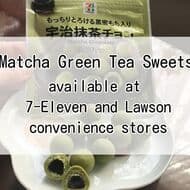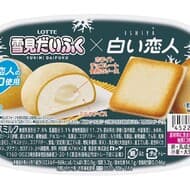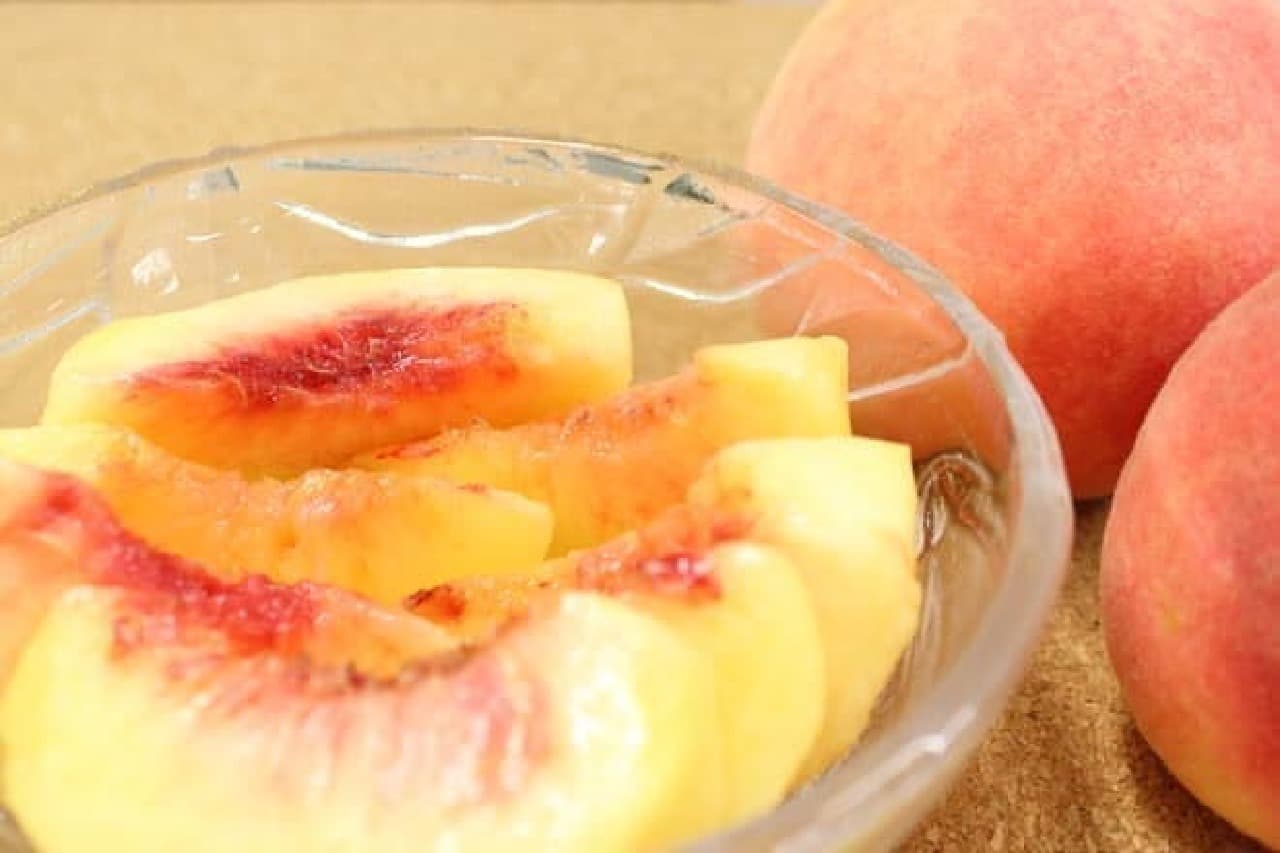
The other day, the Internet was abuzz with talk about the results of a practical method for preserving peaches. It is said, "If you wrap them tightly in aluminum foil and put them in the refrigerator, you can keep them for about a month." If this method works, then life with peaches must be heavenly! Maybe I could even buy a box of them if I lived alone!
But how could they preserve easily damaged peaches for such a long period of time? The En-En-Eat editorial staff was curious, so we talked to an expert to find out the mechanism.
How to eat peaches
Before going into the main subject, let's check the "delicious way to eat peaches.
Although peaches are known for their mild texture and ineffable sweetness, some people must have had the experience of eating them fresh from the supermarket and finding them not to their liking.
Peaches are a very delicate fruit. Especially ripe ones are easily damaged by even the slightest scratch or load. Therefore, in order to reduce the risk as much as possible, we generally put hard peaches on the market when they are just one step before ripening. By the time they reach consumers, they are often still firm and not ready to eat. (In recent years, peaches with a firm texture have become popular.)
In such cases, wrap them gently in newspaper (or leave them netted) and leave them in a cool, dark place. They will "ripen" and soften. If you leave unripe peaches in the refrigerator, they will not ripen easily and the sugar content will decrease.
Is aluminum foil the reason for the long preservation time?
One of the causes of ripening is the effect of the plant hormone ethylene. Ethylene performs a variety of functions over the life of a plant, but especially with post-harvest fruit, it is responsible for softening the fruit. It is this ethylene that causes the kiwi to soften when hard kiwis and apples are placed together. Peaches are high in ethylene, which they produce themselves, and are easily affected by it, so they soften quickly and eventually become "damaged".
Some people seemed to pay attention to ethylene in response to this "preservation method," and some said that wrapping the peaches in aluminum foil may have had some effect on ethylene. Therefore, we contacted two aluminum foil manufacturers (Toyo Aluminum Echo Products (Toyo) and UACJ Foil (UACJ)).
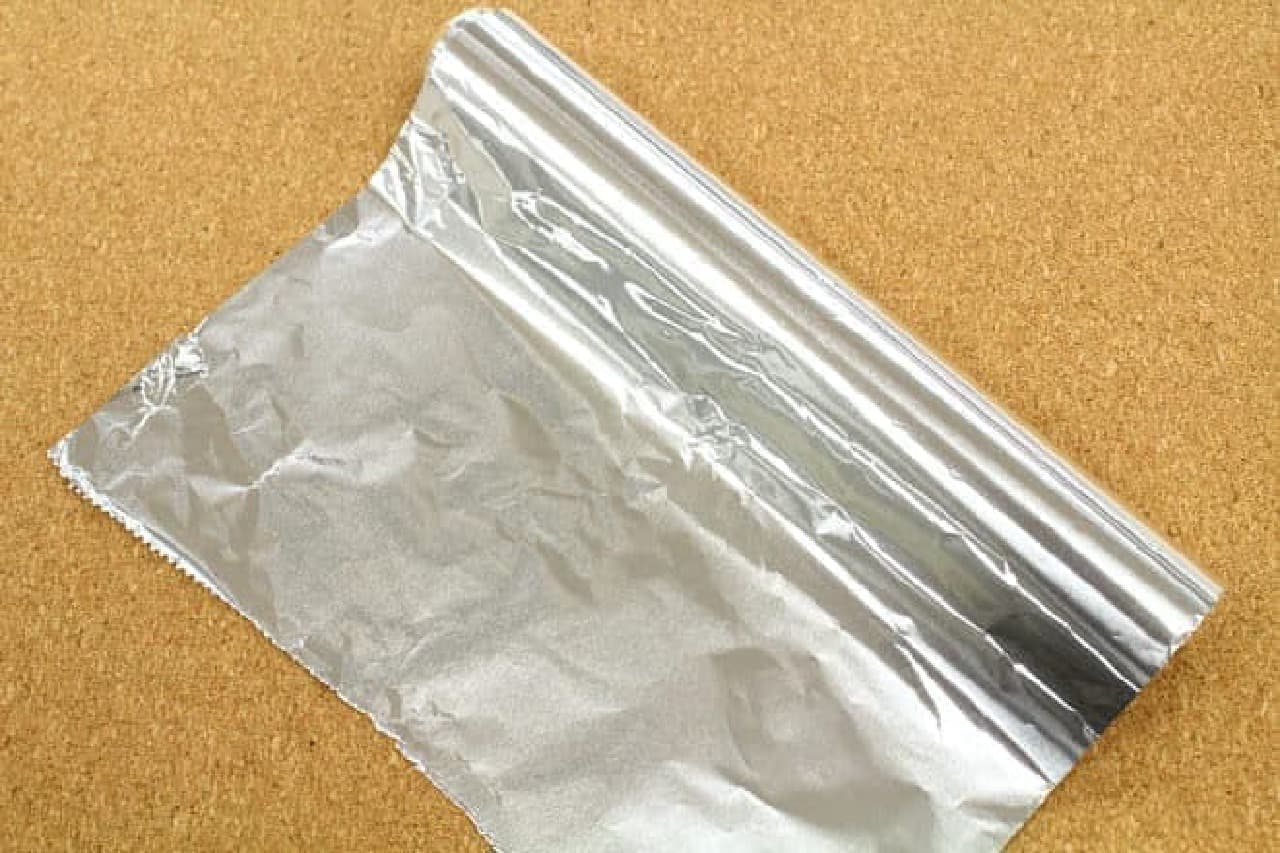
When we asked them whether aluminum foil has any effect on ethylene, they replied that it has no direct effect (Toyo) and that they have no relevant data (UACJ). Although it is possible that wrapping the product in aluminum foil could have blocked the ethylene along with the outside air, they are not sure if this is directly related to it or not.
Aluminum foil is often used as a packaging material for food and other products because it is generally impervious to light, moisture, air, and gases. In this case, although the relationship to ethylene was not determined, other factors may be involved.
page What is "Dr. Momo's" answer? According to the peach expert...
Next, we interviewed Mr. Yoshioka, a specialist at the National Fruit Tree Research Institute of the National Agriculture and Food Research Organization (NARO), who has been studying peaches.
According to Mr. Yoshioka, peaches can actually last up to a month in the refrigerator without being wrapped in anything, if only for appearance. However, he says, it loses its moisture content, meat quality, and flavor, and it loses its deliciousness. Even if you do preserve it, "one week is the limit," says Yoshioka.
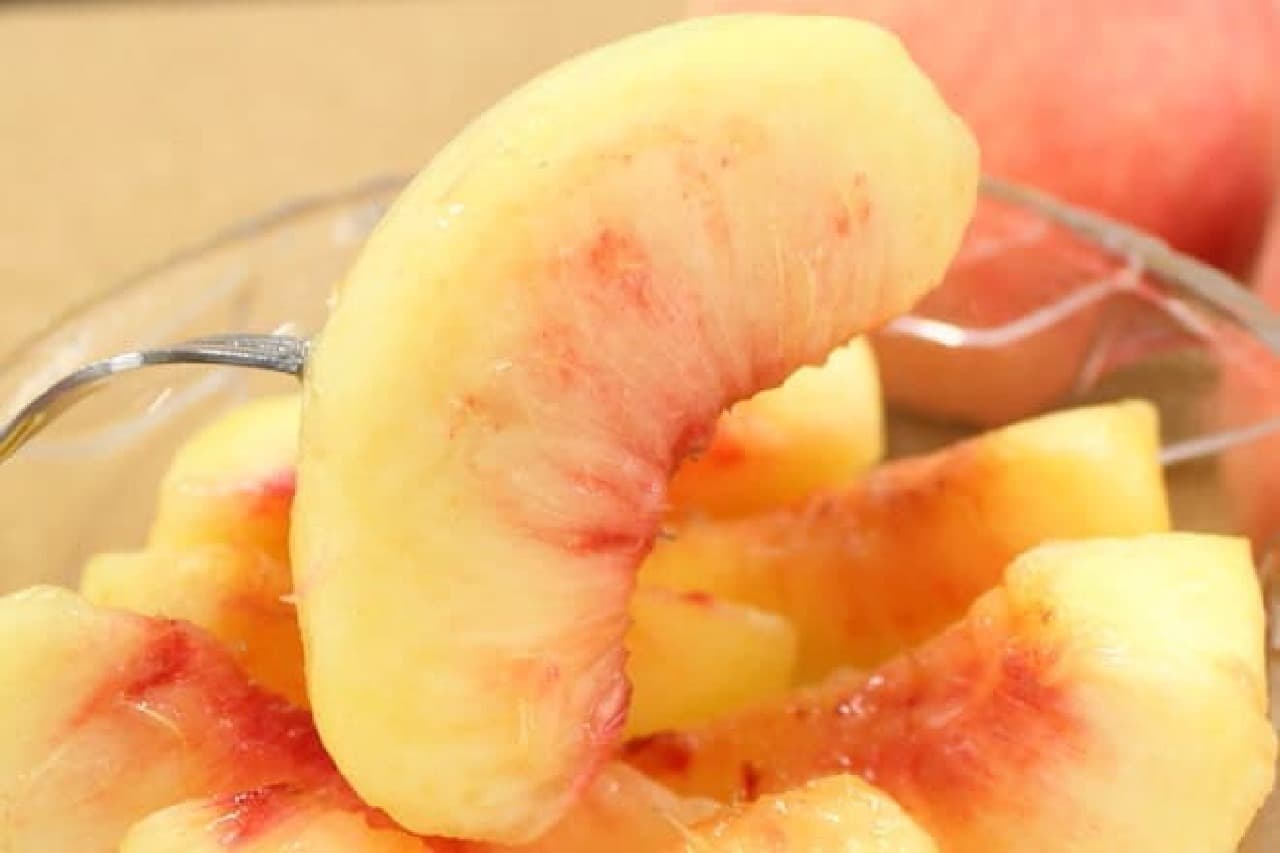
Although Yoshioka says, "We don't know the exact cause-and-effect relationship," it is possible that the peaches were sealed up tight, which slowed their respiration and lowered their oxygen level, resulting in a delay in softening. The peaches were in a sleeping state, so to speak, which may have contributed to their long-lasting quality. Incidentally, if we consider the relationship with ethylene, it is possible that the softening process is reversed, since the gas emitted by the moths is no longer able to escape, instead of being less affected by the ethylene from the outside.
Let's try it out!
Neither the aluminum foil manufacturer nor the peach expert could provide a clear mechanism from their answers. But there seemed to be interest, especially from Mr. Yoshioka, who even said, "If there is a way to reliably preserve them, I would like to know it myself.
When I searched for information on how to preserve peaches, I found several producers recommending methods to the effect of "sealing them in plastic wrap or plastic bags. The key may be to "cover the fruit tightly," and not just with aluminum foil. However, be careful of moisture. Aluminum foil, in particular, "is not suitable for long-term storage in humid places because it is sensitive to moisture, and long-term exposure to moisture can cause corrosion, which is an oxidation phenomenon that can lead to discoloration and melting, resulting in holes in the foil" (Toyo). It is best to wipe off the moisture before wrapping.
The speed of softening varies greatly depending on the variety of peaches and the condition of the peaches at the time of purchase. It is probably best to eat them while they are still fresh. Is that so?
However, the En-En-Ebi editorial staff is not ready to give up on the heavenly life of peaches. We bought some "Kawanakajima Hakuto" peaches (a slightly firm variety) and decided to experiment to see if they could be stored for a month. We put the peaches in the fridge for half a month. The "naked" ones are so wrinkled and soft that I feel sorry for them, but the ones "armed" with aluminum foil are still firm. This is promising!
The results of the test will be introduced at a later date in En-En-Ebi. I wonder how it will turn out!
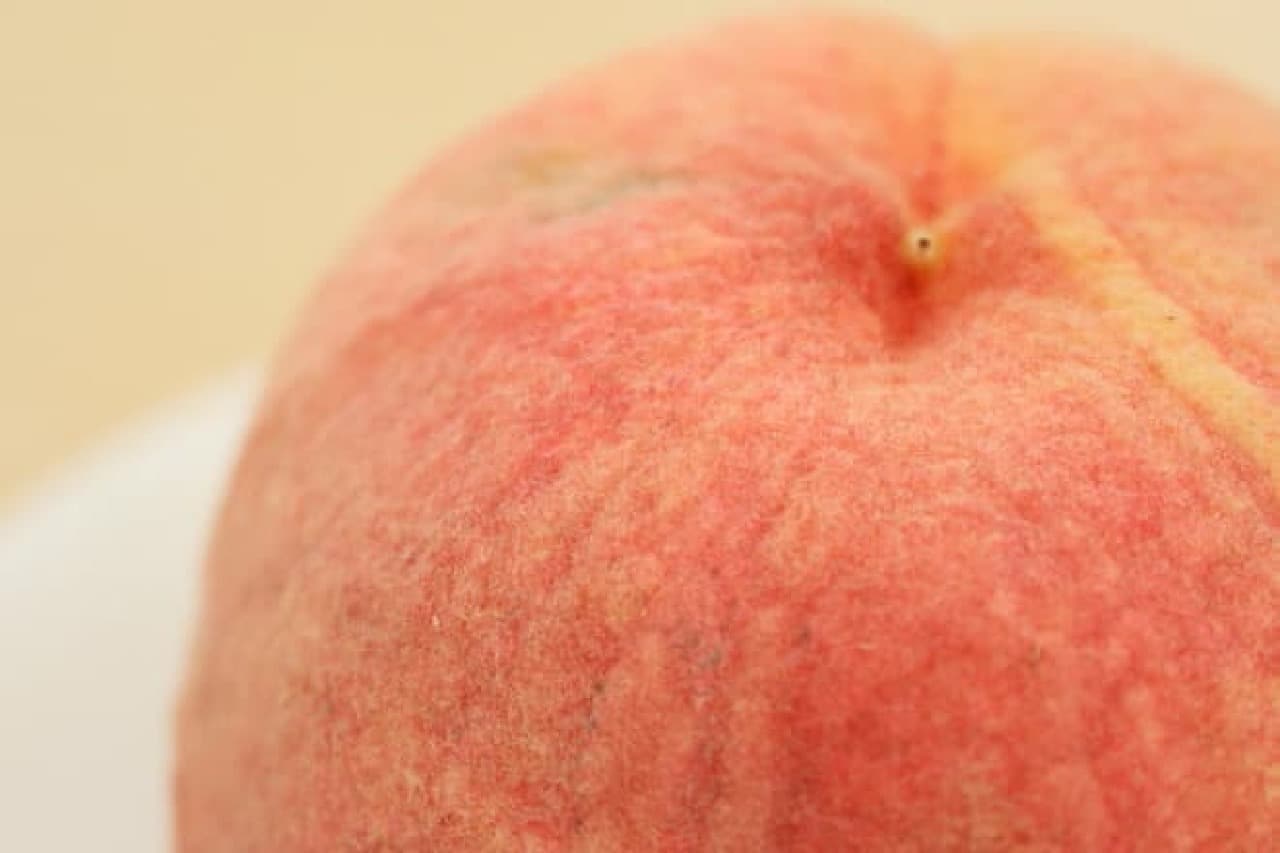





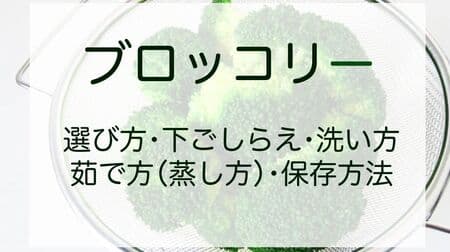
![Easy Chestnut Peeling and Boiling] Easy preparation of chestnuts, even the devil's skin and astringent peel! Easy peeling of troublesome chestnuts by freezing and boiling water](https://image.entabe.jp/upload/articles/55764/33e7d6c6468b9180be89aa094c35566b_special.jpg)
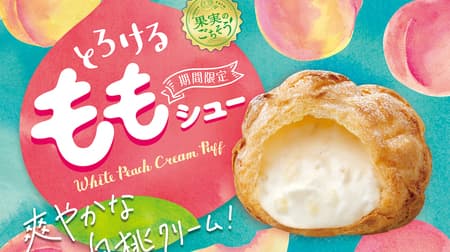
![[Vegetable preservation method] tomato, bitter gourd, carrot, cabbage, turnip, broccoli [complete preservation].](https://image.entabe.jp/upload/articles/49952/b53baa10b7cef70cd2ac7a7089836329_special.jpg)
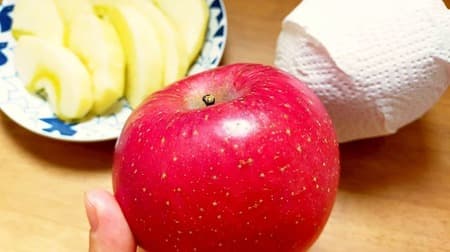
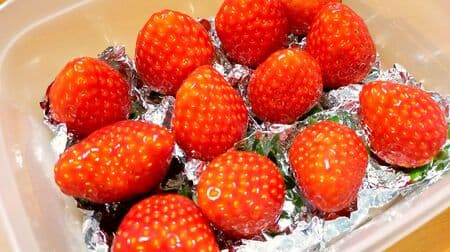
![[How to store oranges] If you store them in normal temperature, refrigerated, or frozen cardboard, stack newspapers and oranges alternately.](https://image.entabe.jp/upload/articles/44706/b38ecbbbbabf16976c7f376f80e876c8_special.jpg)

![[How to store tomatoes] We recommend wrapping them one by one and refrigerating / freezing them! Blue tomatoes can be stored at room temperature for ripening](https://image.entabe.jp/upload/articles/44649/24d86f414519eb9aaab693ae346d93d2_special.jpg)
